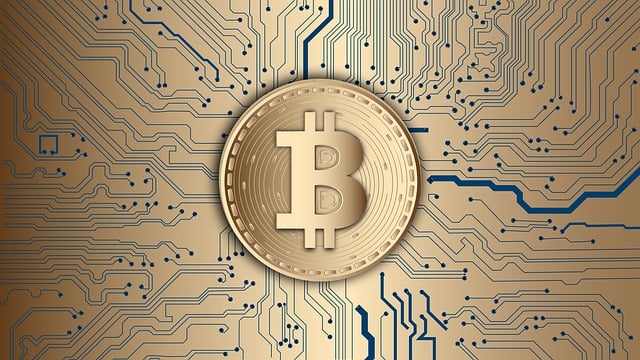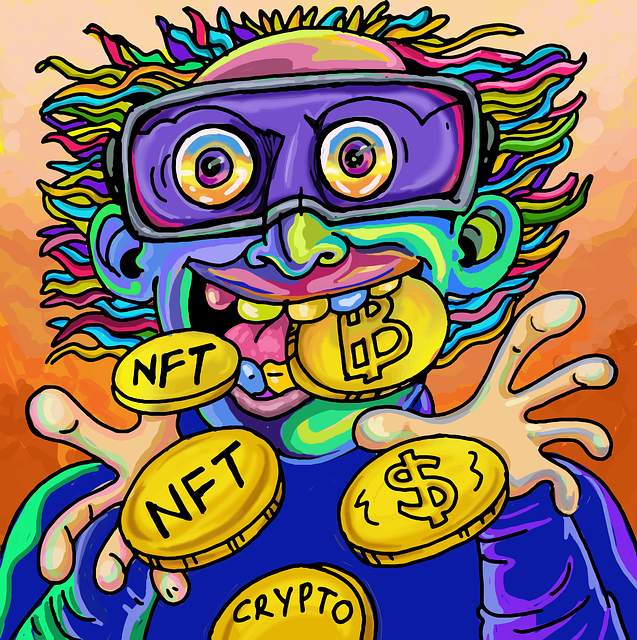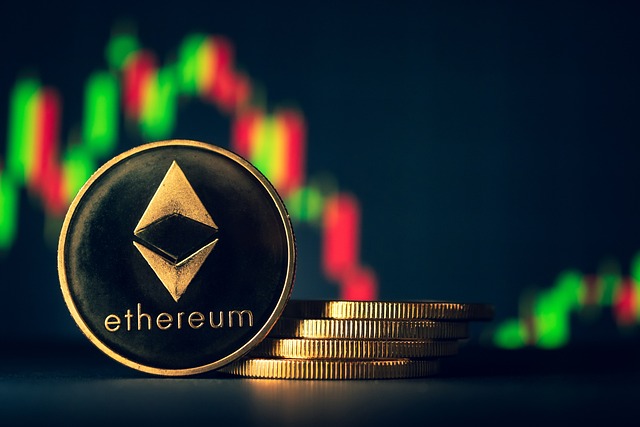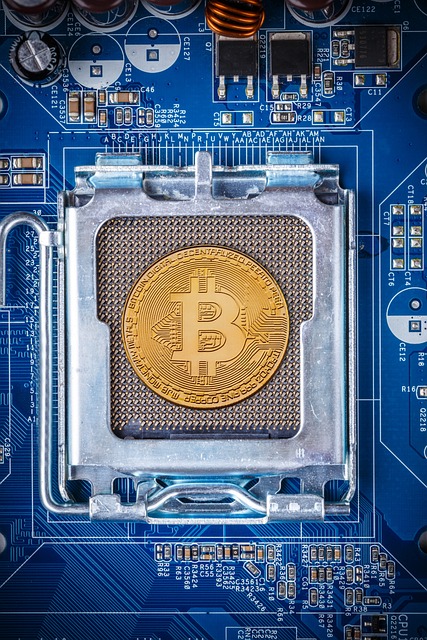Coinbase, as a leading cryptocurrency exchange, plays a pivotal role in accessing and navigating decentralized finance (DeFi), despite its regulatory complexities. DeFi's peer-to-peer transactions on blockchain technology offer immense opportunities but raise concerns about consumer protection, money laundering, and tax evasion. Coinbase must balance providing user access to DeFi products with adhering to evolving legal frameworks, fostering collaboration between industry leaders and regulators, and implementing tailored technology solutions like smart contracts and advanced AML/KYC measures to ensure a stable and trustworthy DeFi ecosystem.
“Discover Coinbase, a leading cryptocurrency exchange, serving as a pivotal gateway into the world of digital asset trading. This platform has witnessed a surge in popularity, especially with the rise of decentralized finance (DeFi). However, DeFi’s rapid growth presents significant regulatory challenges. The article explores these complexities, delving into how Coinbase navigates the evolving landscape of decentralized finance while ensuring compliance. By analyzing current trends and potential solutions, we uncover the future of regulatory harmony between DeFi and cryptocurrency exchanges like Coinbase.”
- Understanding Coinbase: A Gateway to Cryptocurrency Trading
- Decentralized Finance (DeFi) and its Rising Popularity on Coinbase
- Regulatory Challenges in DeFi: Impacts on Coinbase's Role
- Navigating the Future: Potential Solutions for Regulatory Compliance in DeFi on Coinbase
Understanding Coinbase: A Gateway to Cryptocurrency Trading

Coinbase, a leading cryptocurrency exchange, serves as a pivotal gateway for individuals looking to navigate the complex world of decentralized finance (DeFi). It provides an intuitive platform where users can easily buy, sell, and trade various digital assets. Beyond simple transactions, Coinbase offers educational resources and support to foster a more informed crypto community. This accessibility is crucial in an industry facing regulatory challenges stemming from decentralized finance’s inherent nature.
As DeFi gains traction, the lack of centralized control presents both opportunities and complexities. Regulators are still grappling with how to apply traditional financial rules to this novel landscape. Coinbase, with its global reach and commitment to compliance, finds itself at the forefront of these discussions. It plays a vital role in shaping the future of cryptocurrency trading while ensuring consumer protection and navigating the evolving regulatory environment.
Decentralized Finance (DeFi) and its Rising Popularity on Coinbase

Decentralized Finance (DeFi), a revolutionary concept in the financial world, has gained significant traction on Coinbase, one of the leading cryptocurrency exchanges. This emerging ecosystem aims to recreate traditional financial systems on blockchain technology, offering users greater control and transparency. DeFi’s popularity surge on Coinbase is indicative of a broader shift towards more decentralized and accessible financial services. By enabling peer-to-peer transactions without intermediaries, DeFi promises to democratize finance, especially for unbanked or underbanked populations worldwide.
However, as DeFi continues to grow, it faces regulatory challenges. The decentralized nature of these platforms raises concerns about consumer protection, money laundering, and tax evasion. Given the fast-evolving landscape, regulators are still grappling with how to apply existing laws or create new frameworks suitable for DeFi. Coinbase, being a prominent player, must navigate these regulatory hurdles while fostering innovation, ensuring user safety, and maintaining its position as a trusted gateway into the world of decentralized finance.
Regulatory Challenges in DeFi: Impacts on Coinbase's Role

The rise of decentralized finance (DeFi) has presented both exciting opportunities and significant regulatory challenges for cryptocurrency exchanges like Coinbase. DeFi aims to recreate traditional financial systems on blockchain technology, enabling peer-to-peer transactions without intermediaries. However, this innovative approach has sparked concerns among regulators due to its decentralized nature, lack of oversight, and potential for fraud or market manipulation.
These regulatory hurdles directly impact Coinbase’s role in the industry. As a leading cryptocurrency exchange, Coinbase must navigate complex legal frameworks while facilitating user access to DeFi products. The platform faces the challenge of balancing user experience with regulatory compliance, especially as DeFi protocols become increasingly integrated into the broader financial system. Effective navigation of these challenges will be crucial for Coinbase to maintain its position as a trusted gateway to the ever-evolving landscape of decentralized finance.
Navigating the Future: Potential Solutions for Regulatory Compliance in DeFi on Coinbase

Navigating the Future: Potential Solutions for Regulatory Compliance in DeFi on Coinbase
The rise of Decentralized Finance (DeFi) has brought about a new era of financial opportunities, but it also presents significant regulatory challenges. As DeFi platforms like Coinbase expand into this uncharted territory, finding solutions for regulatory compliance is paramount. One key approach lies in fostering collaboration between industry players and regulators to establish clear guidelines and standards. By engaging in open dialogue, the DeFi community can help shape a regulatory framework that supports innovation while mitigating risks.
Additionally, leveraging technology can play a pivotal role. Smart contracts, with their self-executing and transparent nature, offer a robust foundation for regulatory oversight. Implementing advanced anti-money laundering (AML) and know-your-customer (KYC) measures tailored to DeFi’s unique characteristics can enhance platform security and ensure compliance. These strategies are essential steps towards building trust and stability in the DeFi ecosystem on Coinbase.
As we’ve explored, Coinbase serves as a pivotal gateway to cryptocurrency trading, with a significant focus on decentralized finance (DeFi). However, navigating the rapidly evolving DeFi landscape presents substantial regulatory challenges. These hurdles impact Coinbase’s role in facilitating DeFi and require careful consideration for future growth. By addressing these challenges head-on through innovative solutions, Coinbase can continue to be a leading force in the crypto space while ensuring compliance and fostering a robust and secure environment for users engaging with DeFi.
